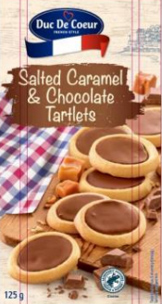Tomorrow, Tuesday February 6th, 2024, is ‘Safer Internet Day’.
Safer Internet Day (SID) is an EU wide initiative to promote a safer internet for all users, especially young people. Webwise is the Irish Internet Safety Awareness Centre, funded by the Department of Education and co-funded by the European Commission. They provide excellent information and support for parents on how to promote safer internet use, so do visit HERE.
Another helpful site can be viewed HERE, which provides up-to-date information on movies, apps, podcasts, games and other media aimed at kids.
Please watch the YouTube video hereunder, for a previous talk given by Avril Ronan on Gaming Safety and Kids.
For Safer Internet Day 2024, Avril Ronan, from Trend Micro (a global cybersecurity leader), is offering a free webinar for parents, teachers and other adults working with young people, on ‘Let’s Talk Kids, Teens and Screen Time Challenges’.
Her talk will explore the screen time battles and challenges faced by so many parents today and it will offer practical advice, top tips, and a question and answer session.
This event is totally free and takes place on Tuesday 7th February 2024 at 7:00pm. It will last approximately 1 hour followed by 30 minutes of question and answer time. You can register to attend this Zoom webinar from a PC, Mac, iPad, iPhone, or Android device: https://www.trendmicro.com/internet-safety/eventsie. [Please note also that Irish Sign language interpreters will sign at this event.]





Recent Comments